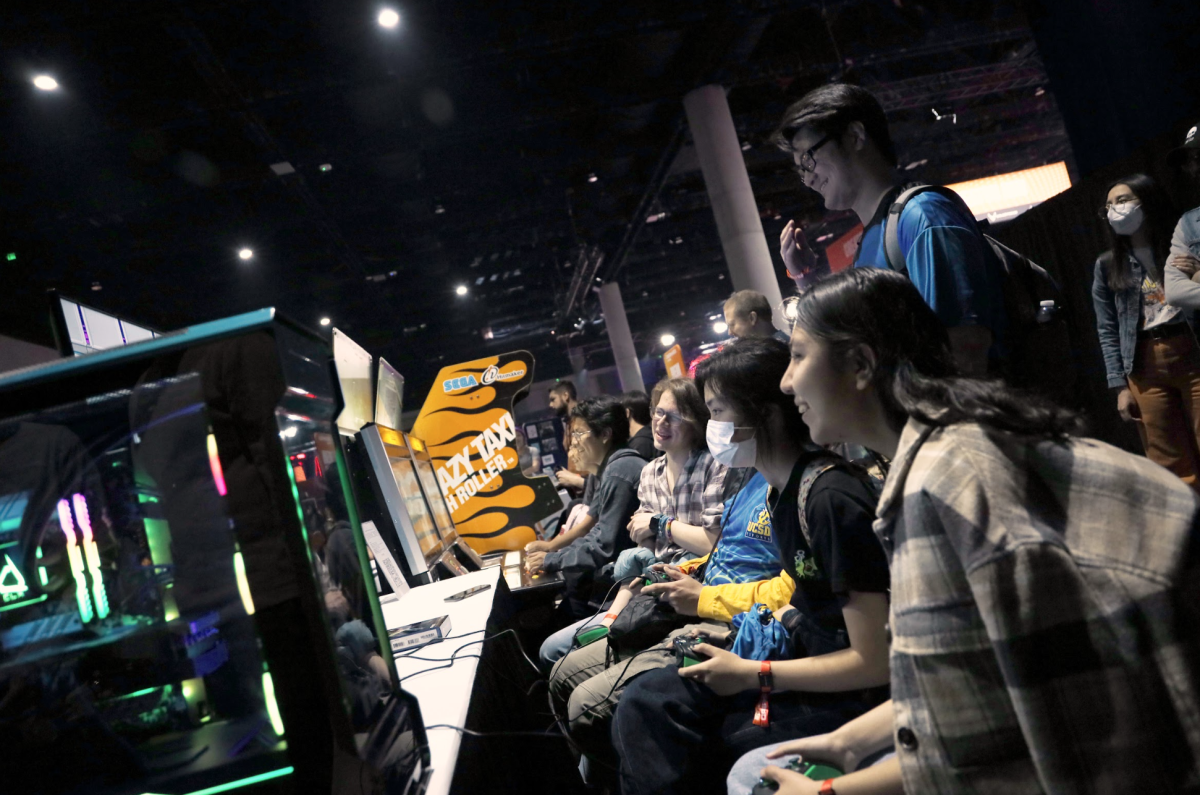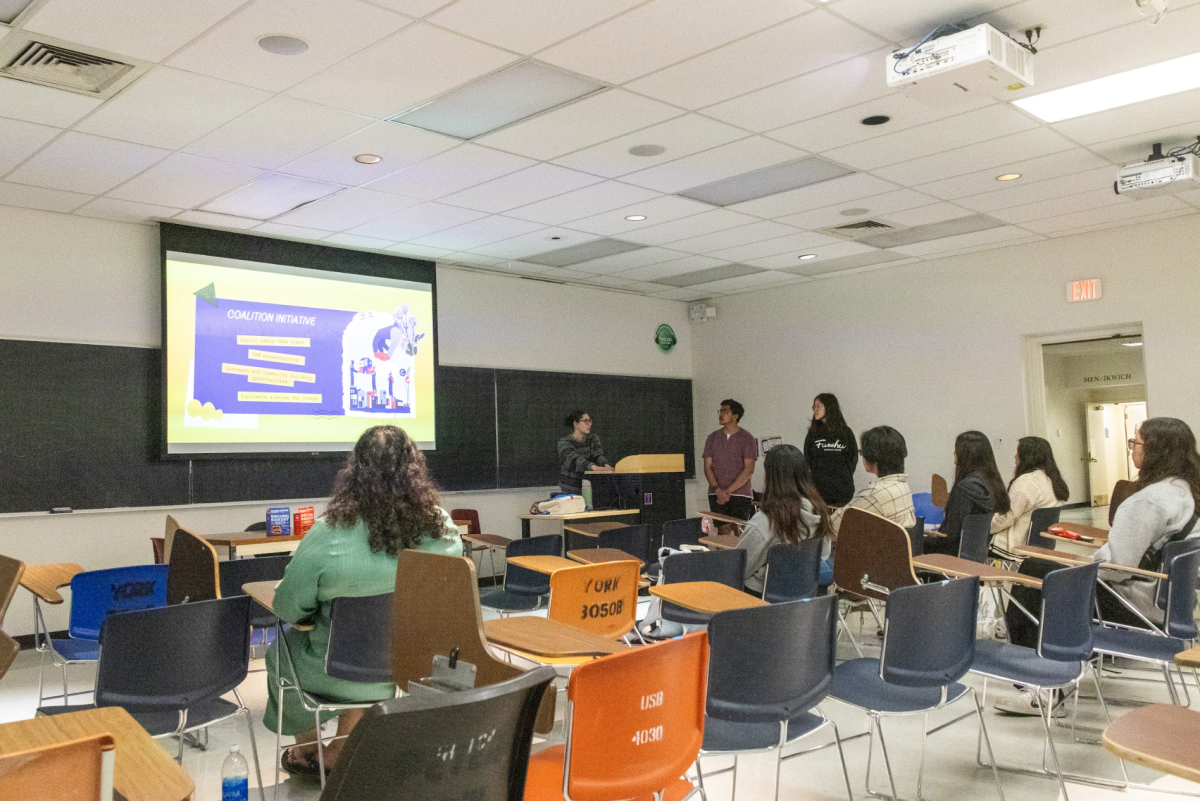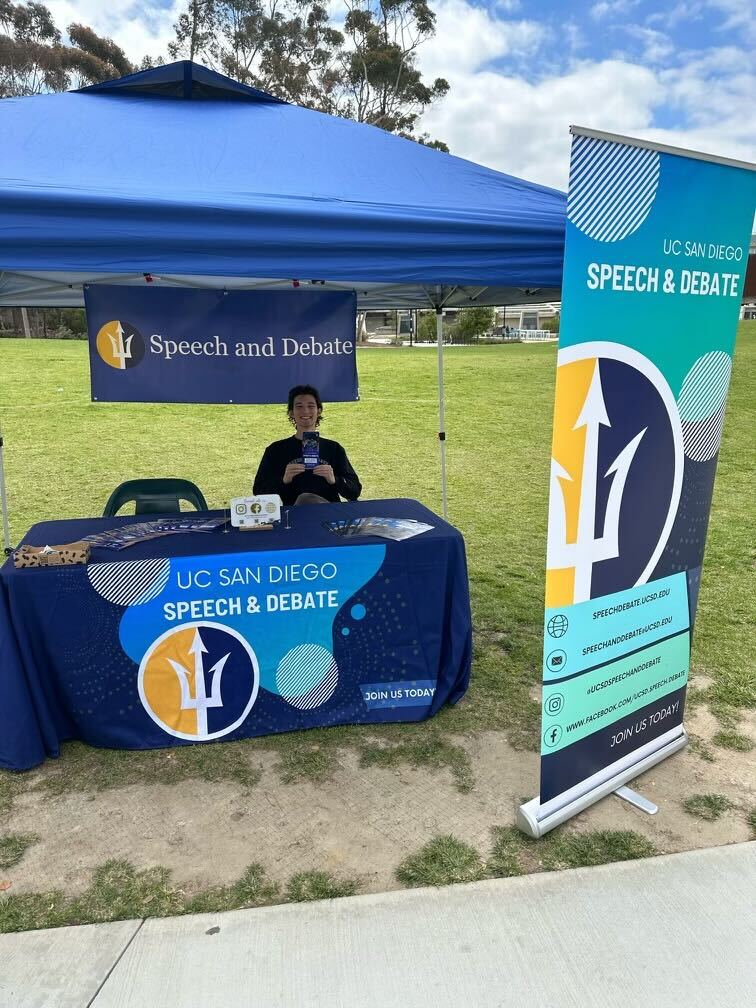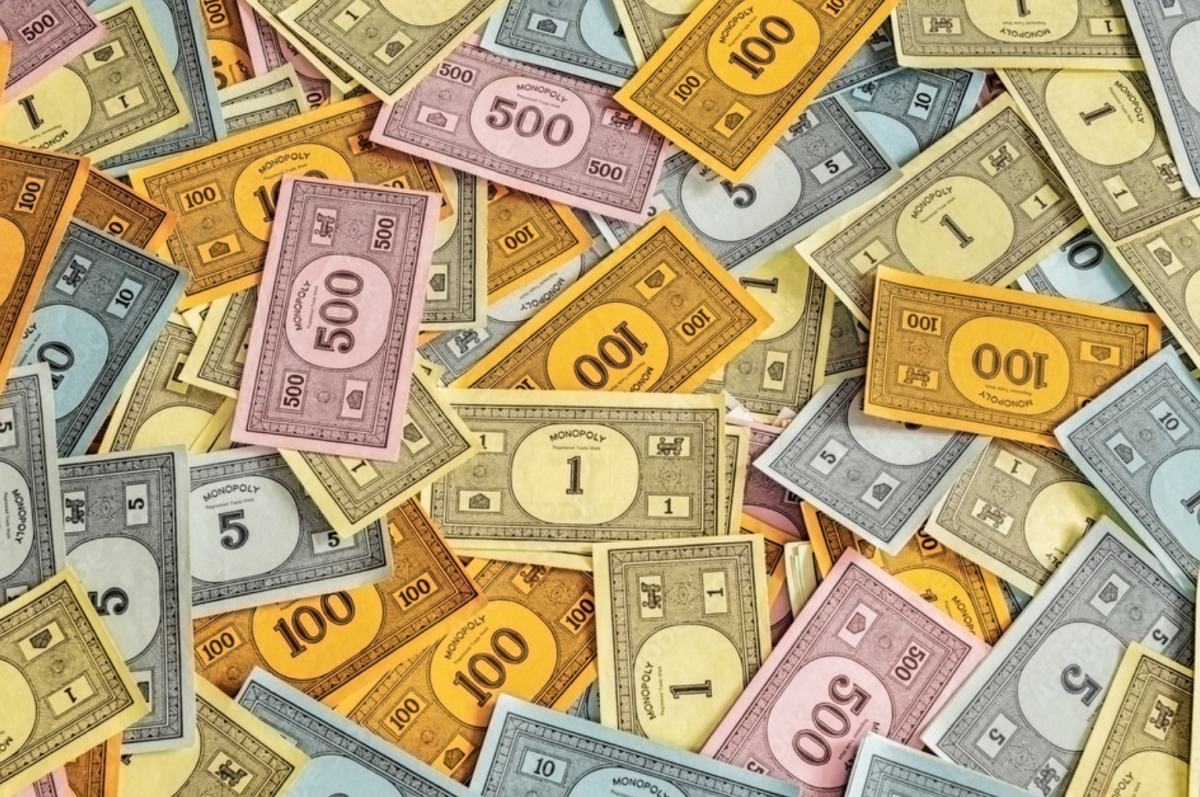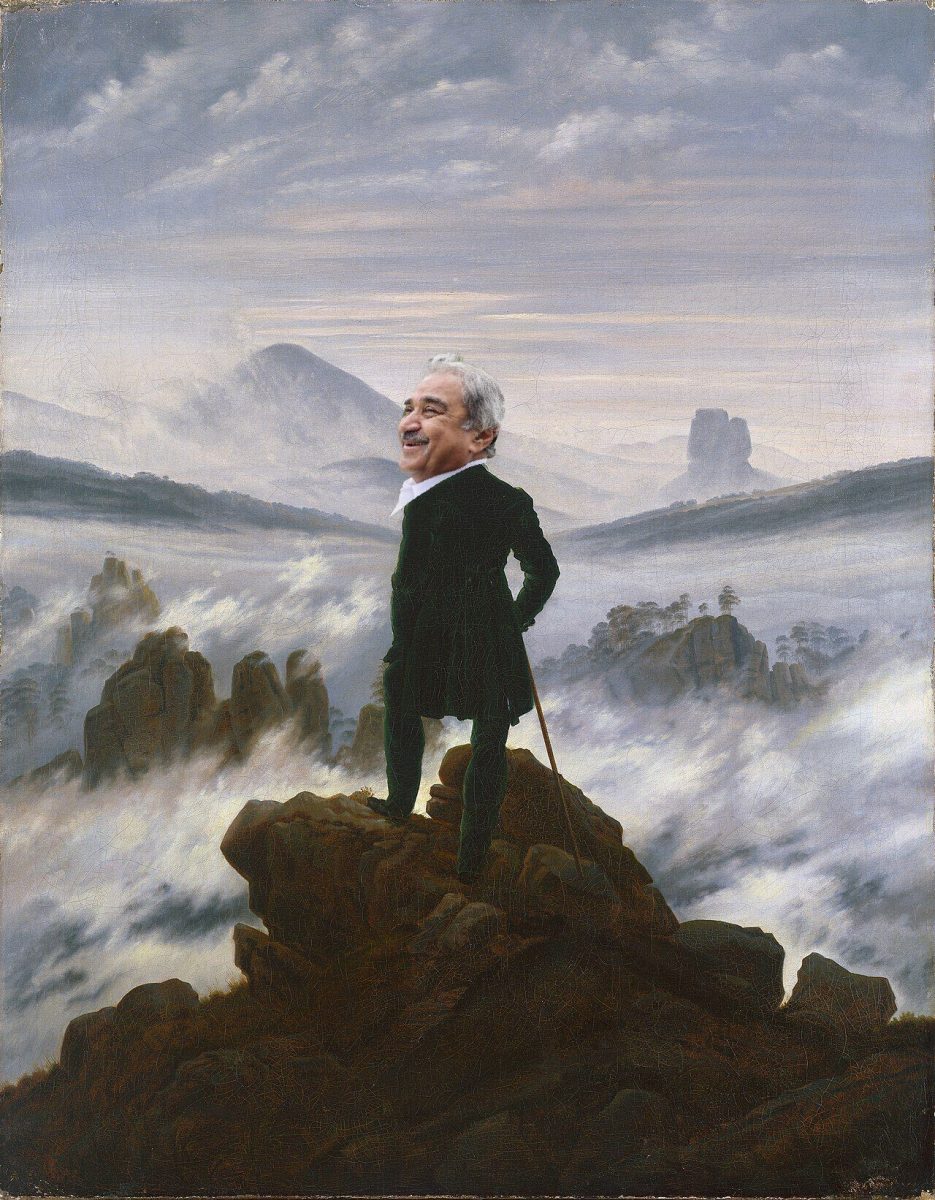Whoever created Superman misled millions of comic book-readers. Journalists are not superheroes like the mild-mannered reporter Clark Kent. Newsflash: Journalists are just people.
Most Americans don’t think about who is behind the “”news”” they read, hear or watch. For most of my life, I didn’t. But one morning in high school, I read a local news column in which the writer discussed media bias.
The news was never the same for me. I never again took media at face value; I always thought about the motivation of the people behind it.
“”The bias of the press”” became my obsession. I kept articles on the topic, taken from the three newspapers that my family received, in a scrapbook. I also began my quest to become an honest journalist.
This year, I have the power to make a difference. As news editor, I plan to work hard to honestly and fairly represent the people and organizations at UCSD.
Journalism is a business. A small number of corporations own a majority of the country’s daily papers, magazines and television stations.
The Hearst Corp., for example, owns 12 U.S. daily newspapers, 18 U.S. weeklies, 16 U.S. magazines, two newspaper syndicates, 27 broadcast TV stations, 11 cable TV networks, six radio stations and countless other ventures. It is a business, and all readers, listeners and viewers need to keep that in mind.
I took a class last year on the “”rhetoric of the news,”” in which the concept of objectivity was challenged. The instructor argued that objectivity — the act of representation without extraneous factors — is not possible. I do, and do not, agree with him.
While complete objectivity cannot be achieved because human beings are imperfect, the highest level of objectivity is still sought by many noble members of the profession.
Readers, listeners and viewers sometimes forget that the news is brought to them by other human beings. It is subject to human error, as are the fruits of any labor.
Deliberate error is what I try to be wary of. I believe that it does occur. Right- or left-leaning newspapers publish unflattering pictures of unfavored candidates and this is not accidental.
The position of the management of a newspaper often is not only exhibited on its editorial page, but throughout the newspaper. I believe that such partiality is immoral.
A one-way slant on the editorial page is not wrong; the staff members are entitled to their opinions. If this bias appears elsewhere, there is a problem. If you can tell the political leanings of a paper by its news coverage, there is a problem.
In the news rhetoric class, we analyzed the “”framing”” of issues in the news and searched for inconsistencies in coverage of similar events.
When I began the class, I already looked skeptically at the news. All the discussed examples of bias could easily be seen as deliberate. Maybe because I have trouble believing that people are all bad. Maybe, because I’m a journalist myself, I thought that this was hard to swallow. I could not, and still cannot, believe that most journalists deliberately try to lead their audiences one way or another. Sometimes it happens, but I do not consider it the norm.
Maybe I have a more optimistic view due to my experiences at The UCSD Guardian. Because the Guardian is a college newspaper, none of the editors have a major financial investment in the paper, and because we represent a wide range of opinions, I have noticed very little intentional bias in our paper.
If the Guardian, particularly the news section, seems to under-represent or misrepresent anything at UCSD, I can honestly say that it is not due to editorial bias; it is because we were unable to determine how to find information in other directions. I apologize now for the unintentional bias that will undoubtedly appear in the news section – it’s sadly unavoidable.
As this year’s news editor, I ask for your help in my quest to fairly represent what goes on at UCSD. Educate me. I’m a person and a student like you. I take classes, I have tests and I try to be social as well. As a result, I miss things. I’m not Superman and I don’t have bionic vision that enables me to see everything going on everywhere.
There are several way for people to inform the Guardian of events and circumstances. The staff box on page two of every issue lists the editors, their phone numbers, e-mail addresses and the location of the Guardian office. Use this information. Our newspaper is here to inform and represent the students of UCSD, but we need everyone’s help to figure out how.
Unintentional bias results from being uninformed. I weed through massive stacks of press releases each week, but few are actually pertinent to UCSD. What is?
We’re students like you, and we want to know what you find informative. Our Web site at http;//www.ucsdguardian.org provides a forum for comments. Letters to the editor are always welcome; if we do not print them, we at least try to consider their message.
We were reminded this week that journalists are just people. Dan Rather, tired and affected by the tragedy, stumbled repeatedly over his words after several hours on the air Sept. 11. The tragedy emotionally affected the whole nation, and journalists did not escape the toil.
I believe that the purpose of journalism is to fairly represent the facts and to provide people with the information they need to make up their own minds about occurrences and issues. Journalism should not reach beyond this.
To some, journalism is no longer seen as a noble profession. I promise to try my best to provide the most objective news coverage possible this year, and I ask for help. Feedback is important. Please help the Guardian accurately represent UCSD.


